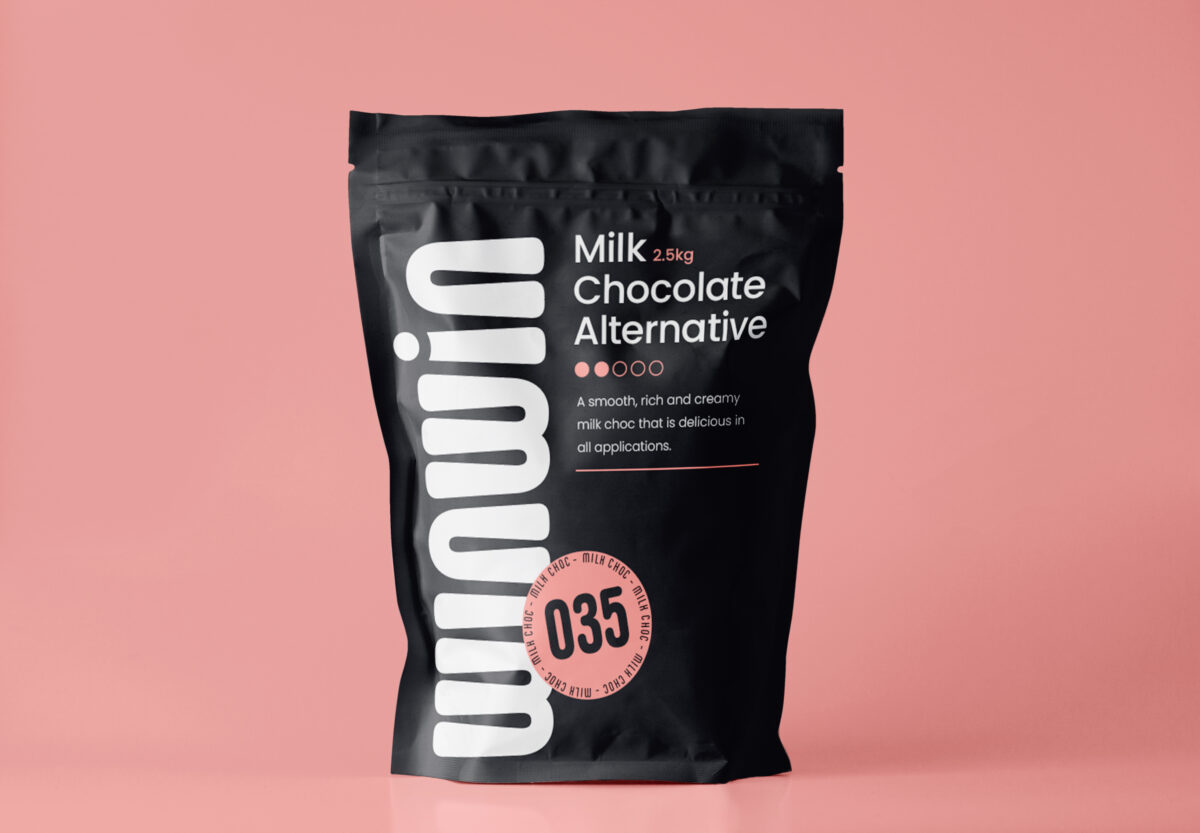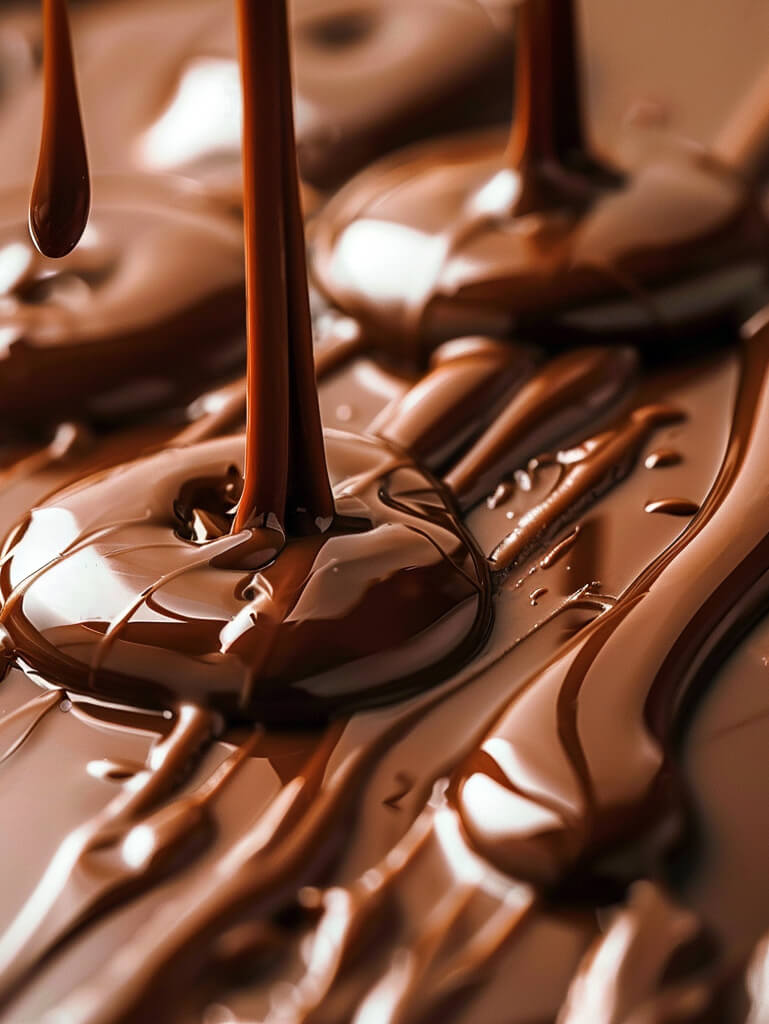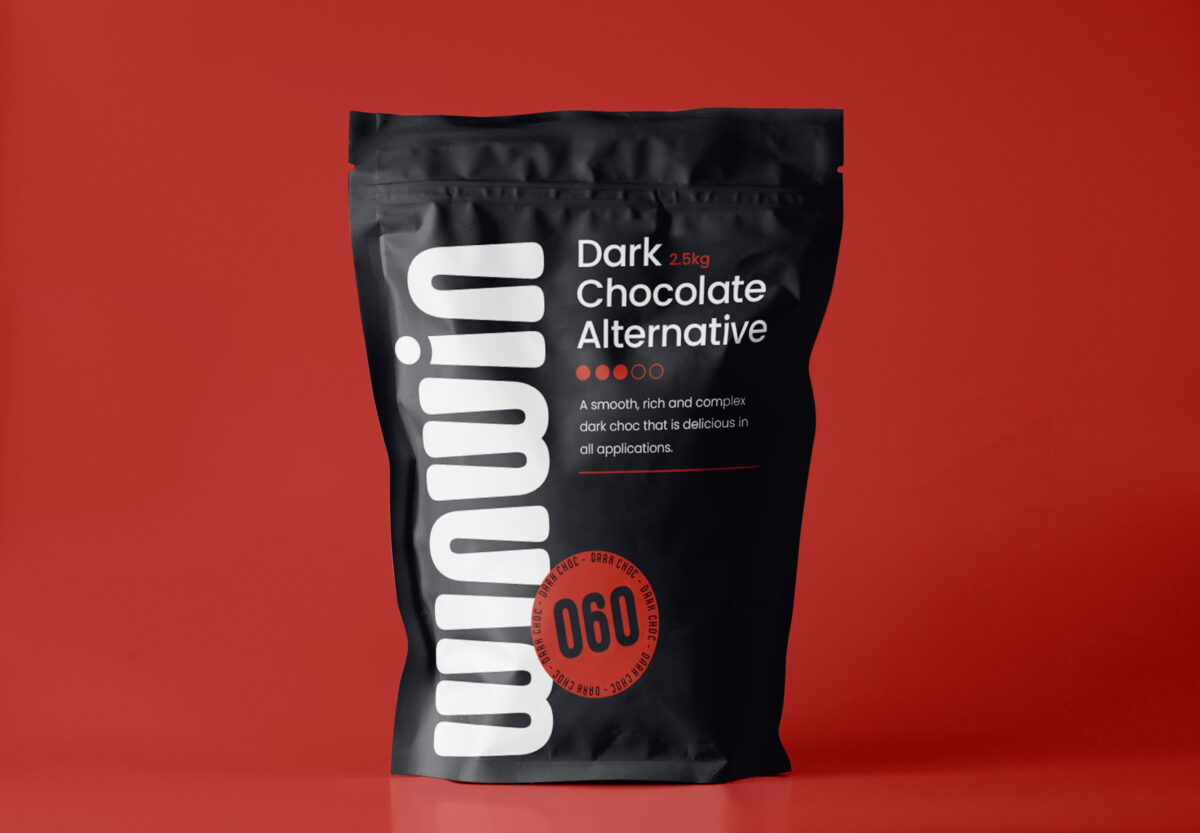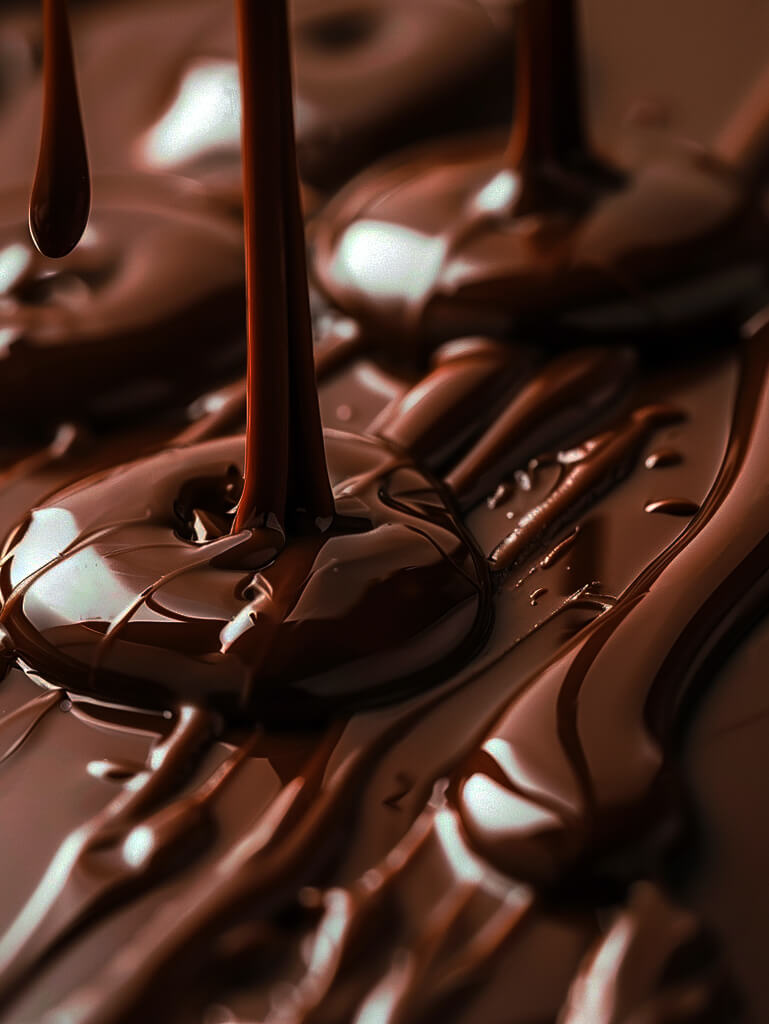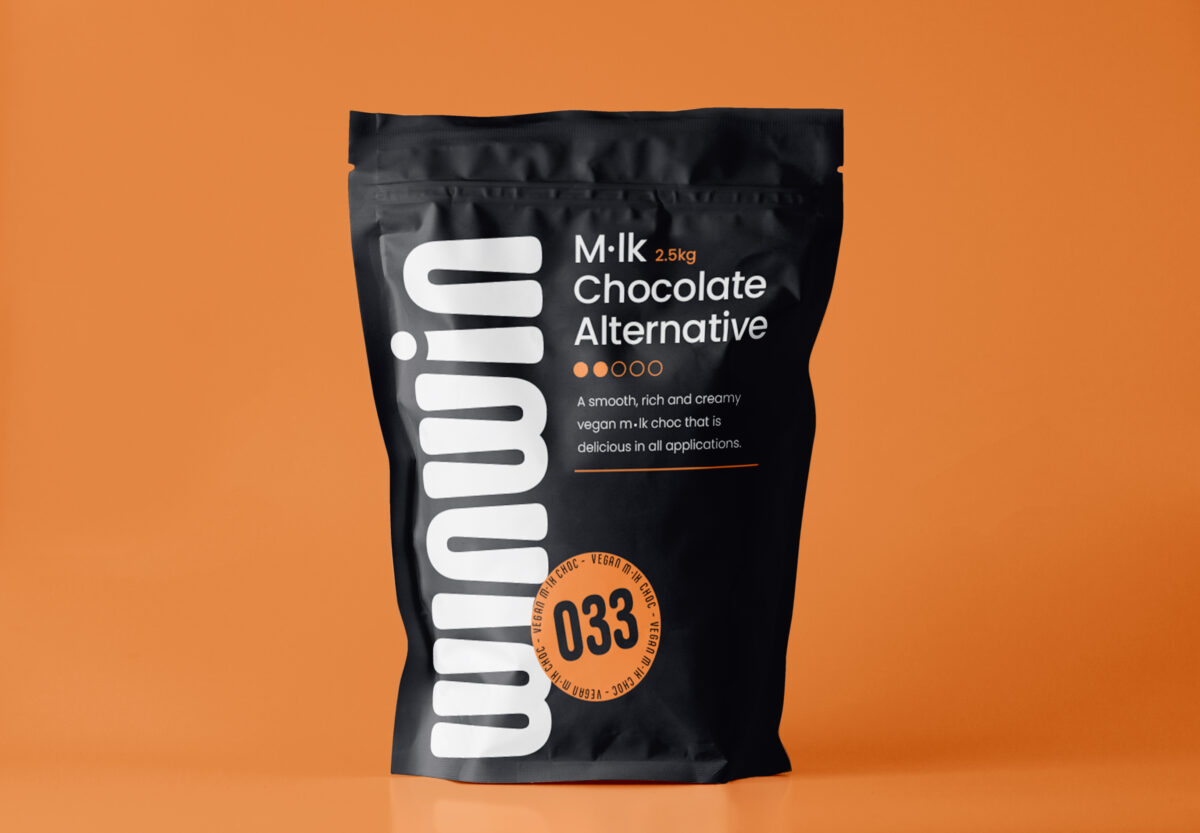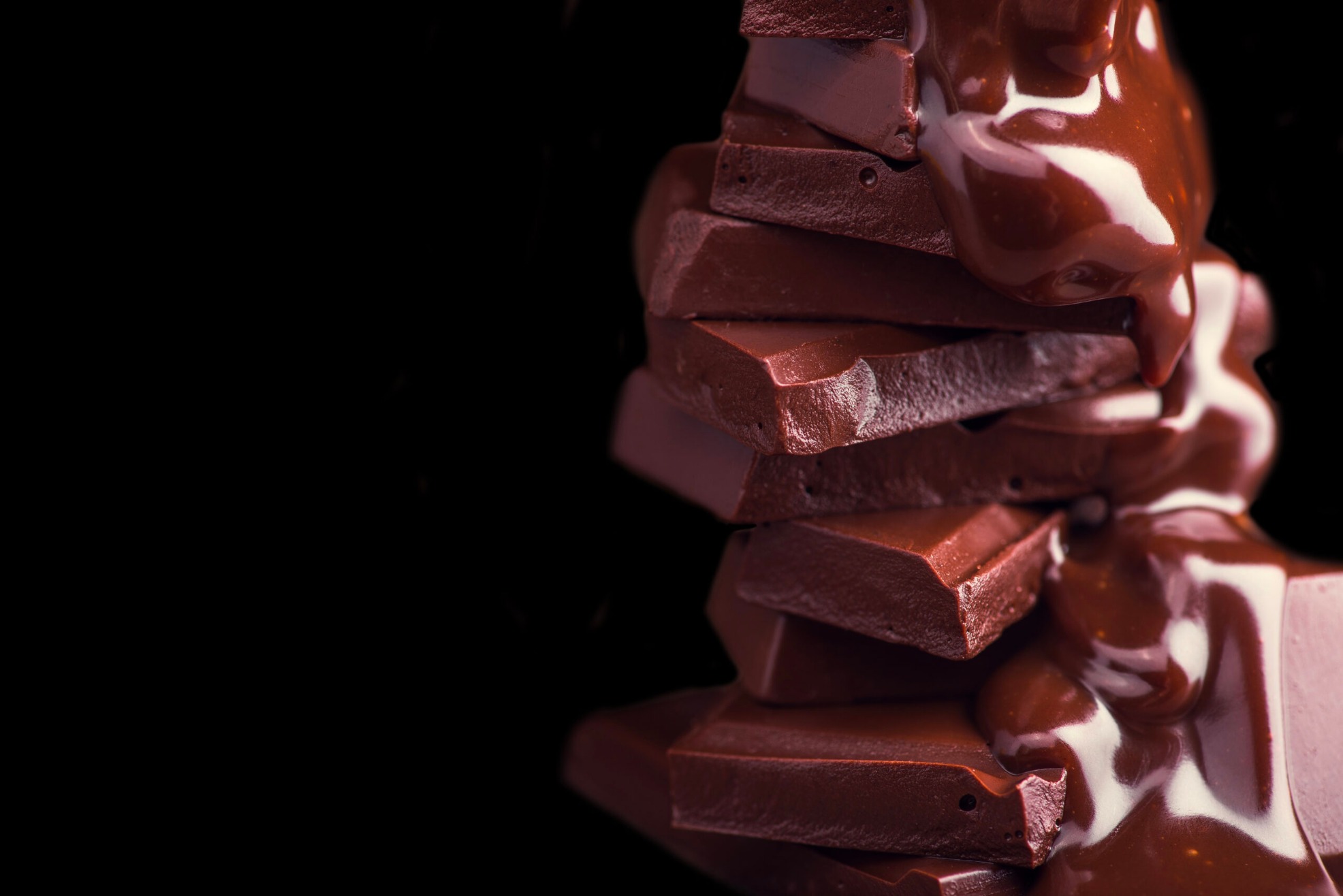
Working together to
create a tastier,
more ethical
& sustainable future
for chocolate.
IT'S WIN-WIN
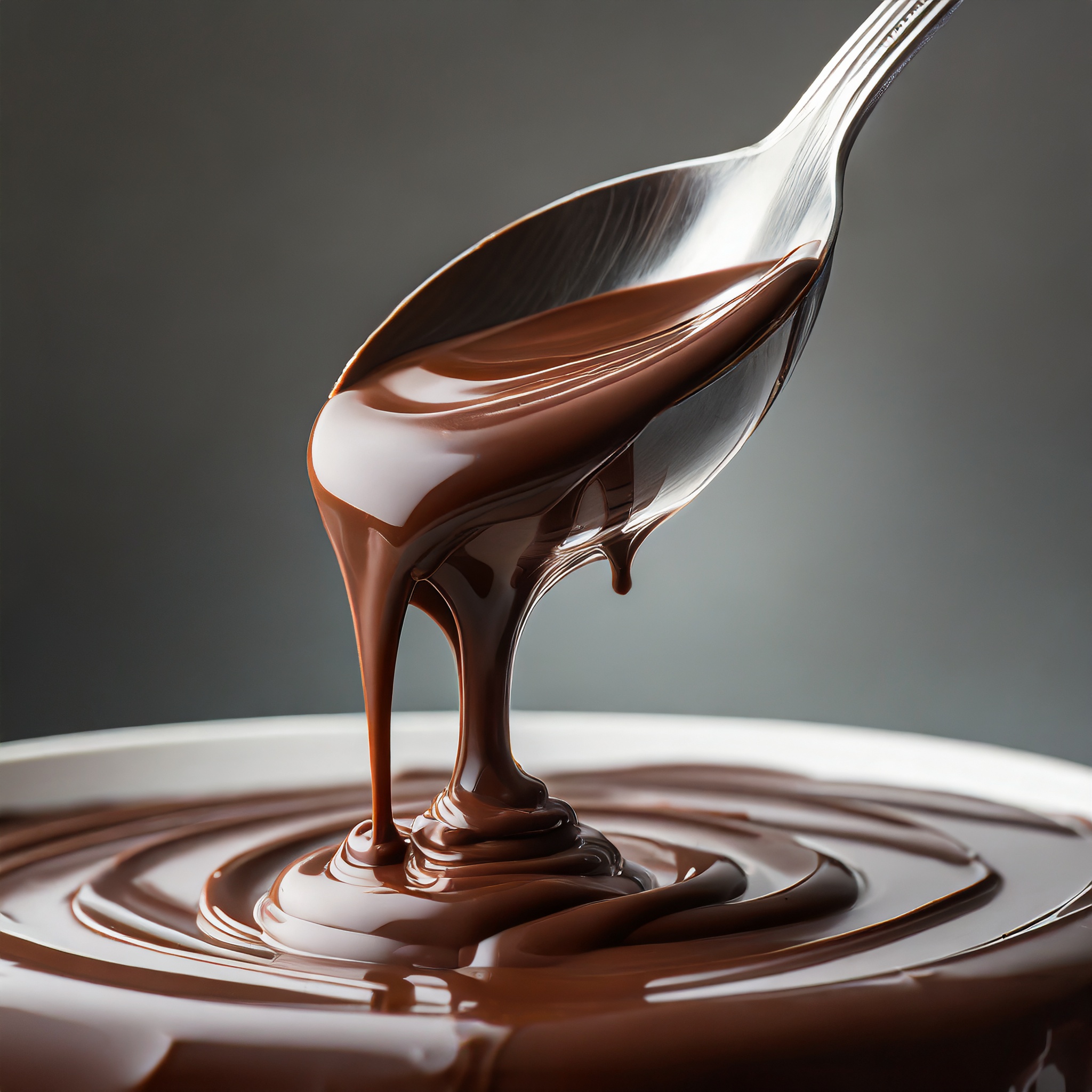
1-FOR-1 REPLACEMENT
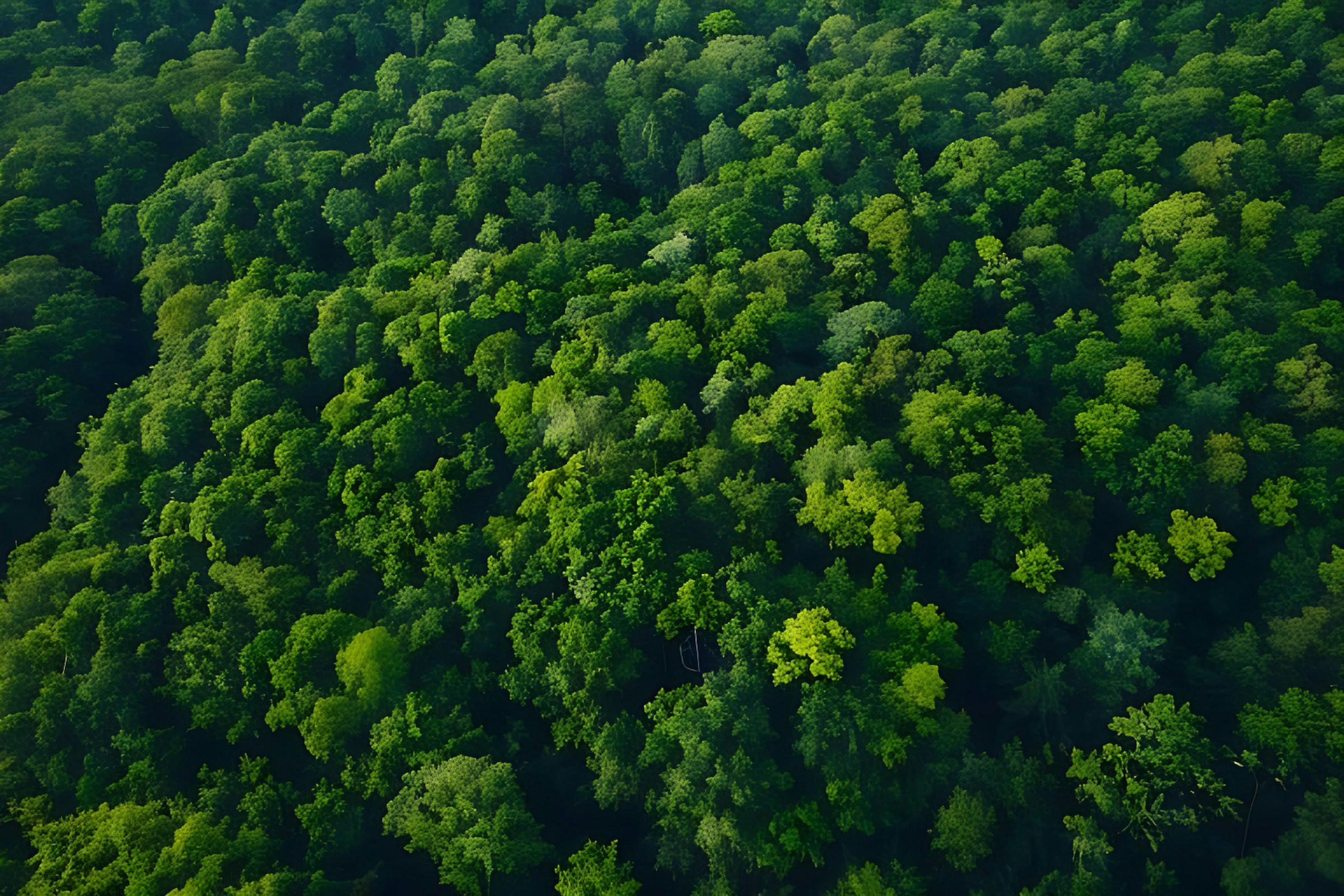
80% LESS CO2 EMISSIONS
& 90% LESS WATER USAGE
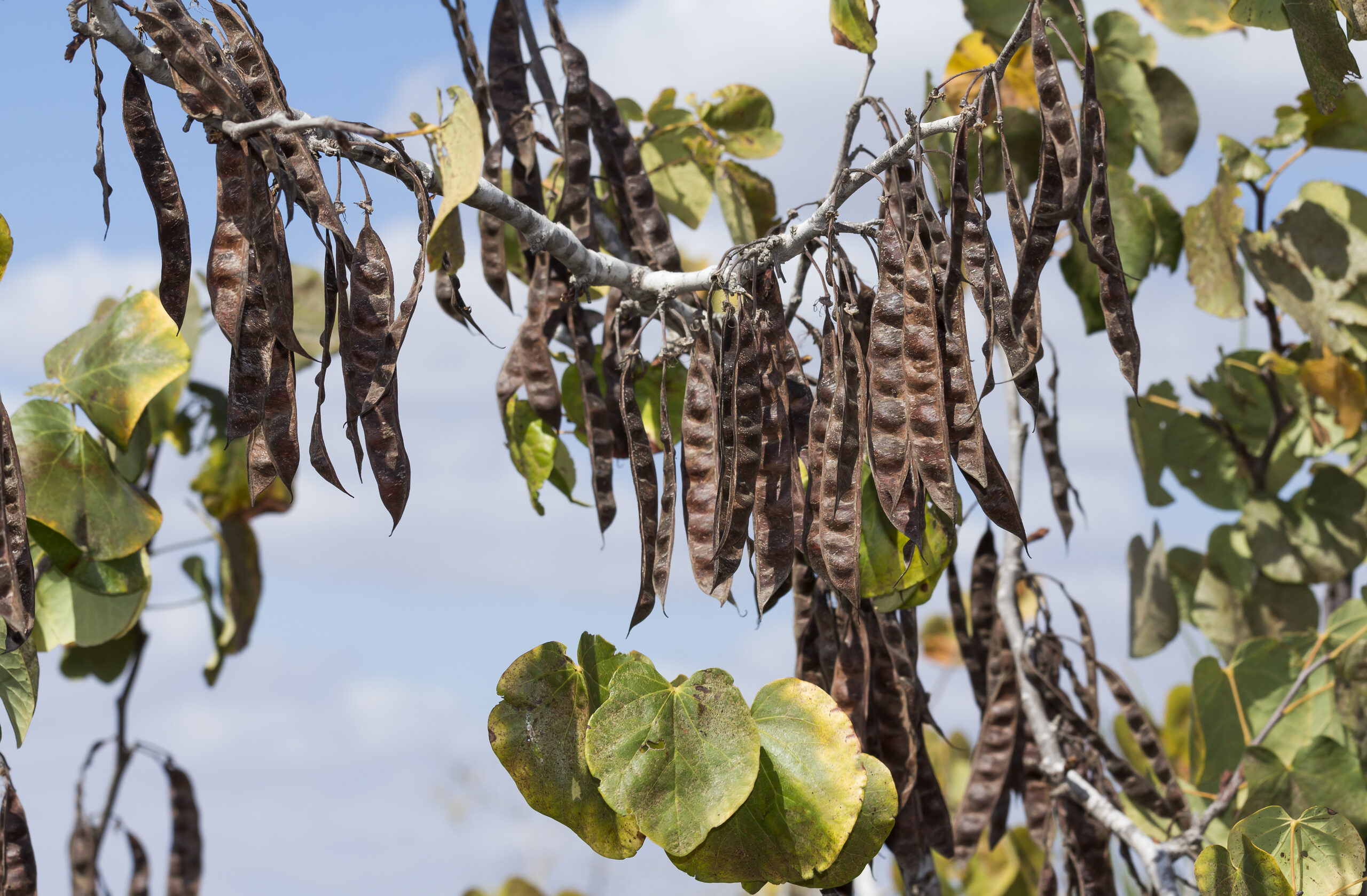
TRANSPARENT
SUPPLY CHAIN

NO GMO
LABOUR
DEFORESTATION
USAGE
We’re the world’s first company to bring cocoa-free chocolate to market. Why? Mass-produced chocolate hides many dark secrets including deforestation, child labour and slavery.
We use cutting-edge science to convert abundant, affordable and sustainable ingredients into a delicious cocoa-free chocolate that snaps, tastes and melts just like conventional chocolate.
LABOUR
DEFORESTATION
USAGE
SUSTAINABLE
EMISSIONS
FAQs
Order our wholesale cocoa-free chocolate alternatives by emailing our Sales Manager: Richard@eatwinwin.com, or find your nearest stockist.
We’re inspired by the process of making chocolate: take cocoa beans, ferment them, roast them and then blend them. We follow a similar philosophy except we start with ingredients other than cocoa beans—instead we use cereals and legumes that are abundant, sustainable and good for you.
Chocolate production is fuelling deforestation and is contributing to climate change. Did you know that 80% of the West African Guinean Rainforest has been lost to deforestation since 1990, to free up more space for cocoa production? And, when it comes to greenhouse gas emissions, regular chocolate production produces over three times as many as the poultry industry. At the same time, cocoa crops are particularly vulnerable to climate change. One bad rainfall year, or one bad pest infestation, and the whole industry could be in turmoil.
While our choc is made using the same philosophy as conventional chocolate, our products emit 90% fewer CO2e emissions according to a recent MyEmissions analysis.
